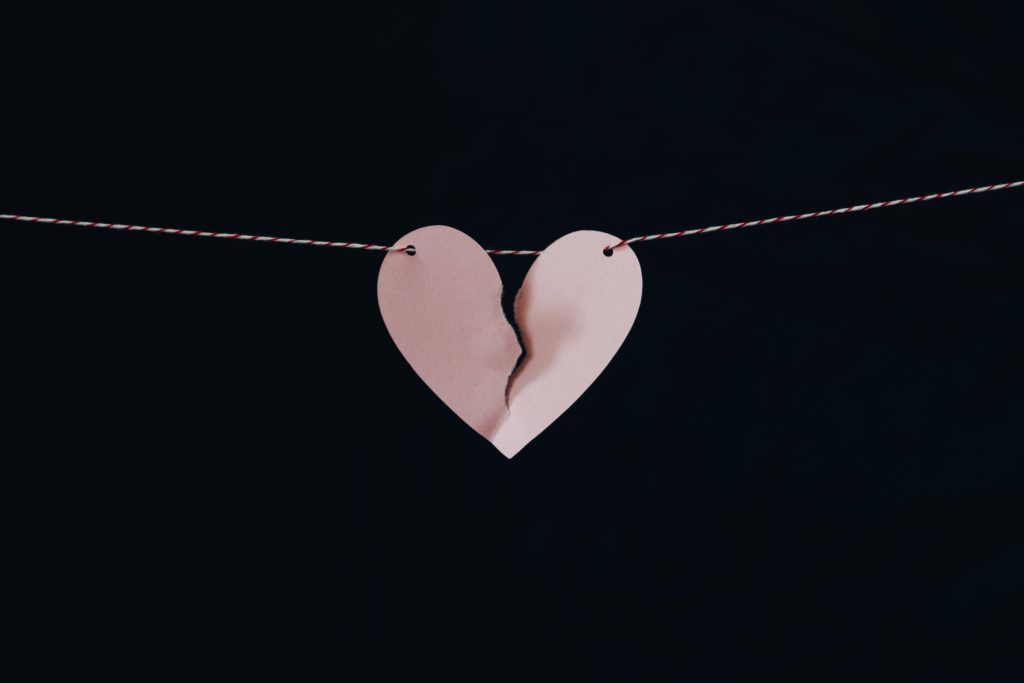
We can experience pain and hurt in so many ways every day. Beyond the typically categorized mental, emotional, and physical trauma discussed in many direct service settings, it is helpful to understand three archetypal ways in which we experience wounding as identified in biocognitive science founded by Dr. Mario Martinez. Biocognition teaches us how to understand ways in which culture influences our thoughts, emotions, and biological responses.
Culture is the fishbowl that has shaped your inner world by teaching you the group’s shared values, for example wellness, esthetics, faith, and much more. Most classifications of trauma have been identified within a cultural vacuum. This does not make them incorrect or less real. However, by understanding trauma from a cultural context, we can begin to more easily identify when we are in harm’s way, learn to apply archetypal healing antidotes, and share tools to grow and heal with colleagues and communities that we serve.
Something that is archetypal can be found in all cultures through the years with different degrees of interpretation but common symbolism and meaning.
What are the three archetypal wounds?
- Abandonment
- Betrayal
- Shame
Which archetypal wound is most prominent in your life?
What are the three archetypal antidotes?
- Commitment to heal from abandonment.
- Loyalty to heal from betrayal.
- Honor to heal from shame.
Who is a model or someone that encourages the healing antidote you need most?

